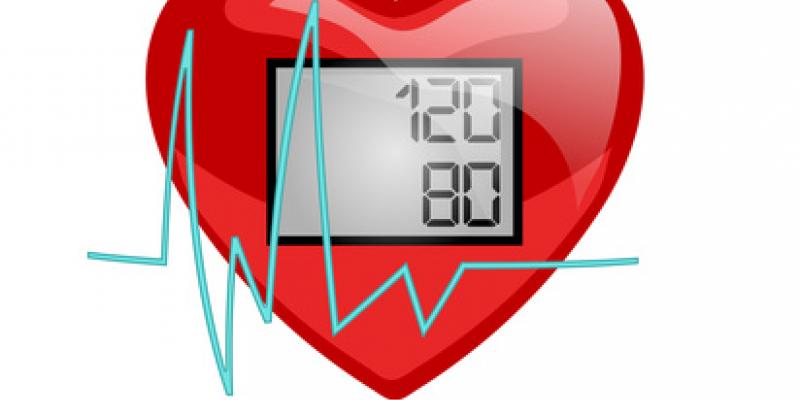Hypertension (high blood pressure) is a common and risky health condition that may develop as you age. Blood pressure is the force of the blood against your blood vessels, as they deliver nutrients and oxygen throughout the body. However, if the pressure becomes too high, then blood vessels can be damaged and health problems may arise.
Blood pressure varies throughout the day. When you measure your blood pressure you get two numbers. The first higher number is the systolic number and occurs when your heart contracts. The second lower number is the diastolic number and occurs when your heart relaxes and fills with blood.
Low-risk blood pressure numbers are less than 120/80mmHg. Moderate risk is 121/80mmHg to 139/89mmHg and elevated risk is above 140/90mmHg. Risk increases the longer the numbers stay high.
There are a variety of factors that can affect your blood pressure. Some you have no control over such as genetics and age. Others you do, such as lifestyle factors, unhealthy diet, smoking, excessive alcohol, sedentary lifestyle, obesity, stress, health conditions, sleep apnea, diabetes and kidney disease.
High blood pressure can, fortunately, be treated through a combination of medications and lifestyle changes. Since you cannot control age or genetics, medication may be the answer. However, lifestyle changes can also have an effective result on your numbers. For example,
By Diane Alavie, Pharmacist
Blood pressure varies throughout the day. When you measure your blood pressure you get two numbers. The first higher number is the systolic number and occurs when your heart contracts. The second lower number is the diastolic number and occurs when your heart relaxes and fills with blood.
Low-risk blood pressure numbers are less than 120/80mmHg. Moderate risk is 121/80mmHg to 139/89mmHg and elevated risk is above 140/90mmHg. Risk increases the longer the numbers stay high.
There are a variety of factors that can affect your blood pressure. Some you have no control over such as genetics and age. Others you do, such as lifestyle factors, unhealthy diet, smoking, excessive alcohol, sedentary lifestyle, obesity, stress, health conditions, sleep apnea, diabetes and kidney disease.
High blood pressure can, fortunately, be treated through a combination of medications and lifestyle changes. Since you cannot control age or genetics, medication may be the answer. However, lifestyle changes can also have an effective result on your numbers. For example,
- reducing sodium intake by 1800mg can change it by -5.8/-2.5mmHg
- losing ten pounds can change it by -7.2/-5.9mmHg
- reducing alcohol consumption by 2.7 drinks a day can change it by -4.6/-2.3mmHg
- adding 35-45 minutes of exercise three times weekly can change it by -10.3/-7.5mmHg
- modifying diet can change it by -11.4/-5.5mmHg
By Diane Alavie, Pharmacist







